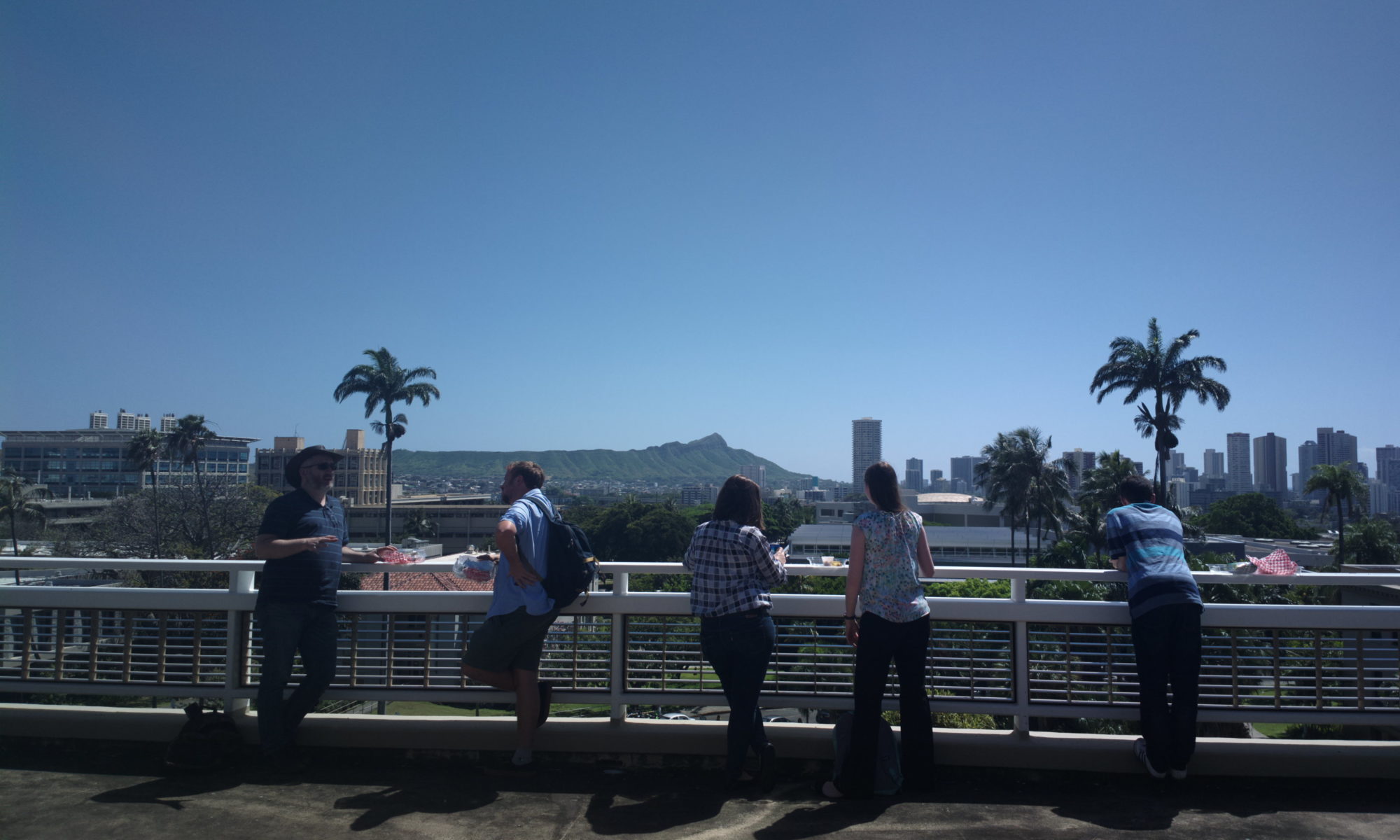Submission deadline (postponed): October 15, 2024
Submission link: https://easychair.org/conferences/?conf=computel8
The ComputEL-8 workshop focuses on the use of computational methods in the study, support, and revitalization of endangered languages. The primary aim of the workshop is to continue narrowing the gap between computational linguists interested in methods for endangered languages, academic linguists documenting languages, and the language communities who are striving to maintain their languages. We encourage submissions from scholars and activists representing any or all of these perspectives.
The intention of the workshop is not merely to allow for the presentation of research, but also to build a network of computational linguists, documentary linguists, and community language activists who are able to effectively join together and serve their common interests.
Workshop Venue
ComputEL-8 will be co-located with the 9th International Conference on Language Documentation & Conservation (ICLDC) in Honolulu, Hawaii (https://ling.lll.hawaii.edu/sites/icldc/).
We anticipate being able to support travel costs in some cases for presenters without institutional support. Priority will be given to members of endangered language communities, scholars from low-income countries, and students. Please contact the organizers at computel.workshop@gmail.com for further information.
The workshop will be a virtual/in-person hybrid event. Ability to attend in person will not affect consideration of submissions.
Call for Papers
We encourage submissions that explore the interface and intersection of computational linguistics, documentary linguistics, and community-based efforts in language revitalization and reclamation. This includes submissions that:
(i) propose or demonstrate new methods or technologies for tasks or applications focused on low-resource settings, and in particular, endangered languages
(ii) examine the use of specific methods in the analysis of data from low-resource languages, or propose new methods for analysis of such data, oriented toward the goals of language reclamation and revitalization
(iii) propose new models for the collection, management, and mobilization of language data in community settings, with attention to e.g. issues of data sovereignty and community protocols
(iv) explore concrete steps for a more fruitful interaction among computer scientists, documentary linguists, and language communities
Important Dates
15-Oct-2024 | Deadline for submission of papers or extended abstracts (POSTPONED) |
| 22-Nov-2024 | Notification of Acceptance |
| 10-Jan-2025 | Camera-ready papers due |
| 4-5 March 2025 | Workshop |
Presentations
Presentation of accepted papers will be in both oral sessions and a poster session. The decision on whether a presentation for a paper will be oral and/or poster will be made by the Organizing Committee on the advice of the Program Committee, taking into account the subject matter and how the content might be best conveyed. Oral and poster presentations will not be distinguished in the Proceedings.
Submissions
In line with our goal of reaching multiple overlapping communities, we offer two modes of submission: extended abstract and full paper. The mode of submission does not influence the likelihood of acceptance. Either can be submitted to one of the workshop’s tracks: (a) language community perspective and (b) academic perspective.
Submissions must be uploaded to EasyChair (https://easychair.org/conferences/?conf=computel8) no later than October 15, 2024 11:59PM (UTC-12, “anywhere on earth”). Submissions may be considered for both the regular session and the special session.
All submissions must be anonymous following ACL guidelines and will be peer-reviewed by the scientific Program Committee.
A. Extended Abstract:
Please submit anonymous abstracts of up to 1500 words, excluding references. Extended abstracts must be submitted as attached documents.
B. Full Paper:
Please submit anonymously either a) a long paper – max. 8 pages excluding references and appendices; or b) a short paper – max. 4 pages excluding references, according to the style and formatting guidelines provided in by ACL Style Files (download template files for LaTeX or Microsoft Word: https://github.com/acl-org/acl-style-files).
Proceedings
The authors of selected accepted full papers (long or short) will be invited by the Organizing Committee to submit their papers for online publication via the open-access ACL Anthology. Final versions of long and short papers will be allotted one additional page (altogether 5 and 9 pages) excluding references.
Proceedings papers should be revised and improved versions of the work that was submitted for, and which underwent, review. Any revisions should concern responses to reviewer comments or the addition of relevant details and clarifications, but not entirely new, unreviewed content. Camera-ready versions of the articles for publication will be due on January 10, 2025.
Organizing Committee
Godfred Agyapong (University of Florida)
Antti Arppe (University of Alberta)
Aditi Chaudhary (Google Research)
Jordan Lachler (University of Alberta)
Sarah Moeller (University of Florida)
Shruti Rijhwani (Google DeepMind)
Daisy Rosenblum (University of British Columbia)
Olivia Waring (University of Hawai’i Mānoa)
Contact Us
Email us at: computel.workshop@gmail.com
